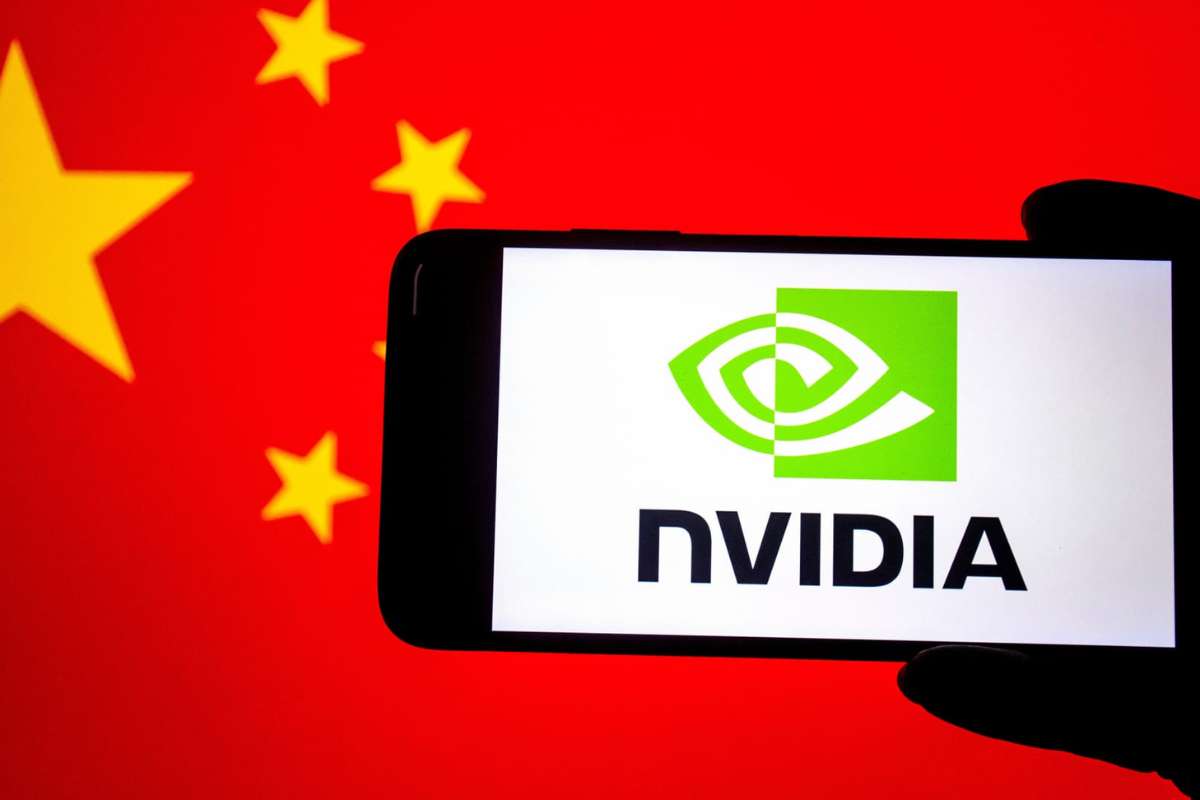Nvidia Under Fire in China for Potential Security Vulnerabilities
China’s top cybersecurity regulator has summoned U.S. semiconductor giant Nvidia to address growing concerns over alleged security flaws in its AI chips. According to reports from Morningstar and The Wall Street Journal, the Cyberspace Administration of China initiated a formal inquiry into whether Nvidia’s high-performance processors could compromise the security of national infrastructure.
The chips in question—central to training artificial intelligence models and powering data centers—are being examined for potential risks of data leakage, unauthorized access, or embedded backdoors. While Nvidia has not been accused of wrongdoing, the move signals China’s increasing sensitivity to any foreign technology embedded in critical systems.
Insiders close to the matter said that Nvidia is cooperating fully with Chinese authorities, though the company has yet to issue an official statement. The development places Nvidia in a tight spot, especially as it continues to navigate the regulatory crossfire between Washington’s export restrictions and Beijing’s escalating demands for digital sovereignty.
A Reflection of China’s Expanding Cybersecurity Playbook
The summons reflect a wider trend of China tightening its grip on cybersecurity, particularly when it comes to foreign firms operating within its digital ecosystem. The action against Nvidia follows similar probes into other U.S. tech firms, such as Micron, which recently faced a partial ban from supplying chips to key Chinese industries over national security concerns.
Legal analysts point to China’s recent enforcement of its comprehensive cybersecurity and data protection laws—including the Data Security Law and the Personal Information Protection Law (PIPL)—as the foundation for such regulatory action. As reported by the Global Investigations Review (GIR), these laws require companies handling sensitive or “critical information infrastructure” to conduct security assessments, ensure local data storage, and restrict cross-border data transfers.
Its , as a major supplier of cutting-edge AI chips, falls directly within the scope of such scrutiny—especially as China pushes to reduce dependence on Western tech firms in its most sensitive sectors.
Broader Implications for Global Tech and Chip Supply Chains
This investigation not only affects Nvidia’s business interests in China but also reverberates across the global U.S. semiconductor ecosystem. The company’s AI processors are considered industry standard in machine learning, autonomous driving, and advanced computing—technologies that China considers strategic priorities.
Industry experts warn that rising regulatory pressure in China may prompt it and other multinational firms to rethink their operational and compliance strategies in the region. In a world where U.S. semiconductors have become the new oil, national security concerns are increasingly shaping tech policy, trade deals, and global innovation.
The incident also deepens the ongoing technological rift between the U.S. and China, where chips are no longer viewed as neutral hardware but as instruments of power and geopolitical leverage. With export bans on one side and security probes on the other, companies like Nvidia find themselves in the crosshairs of a global tech cold war.
Also Read :--NXP Semiconductors Strengthens Auto Cybersecurity Through AI Collaboration






